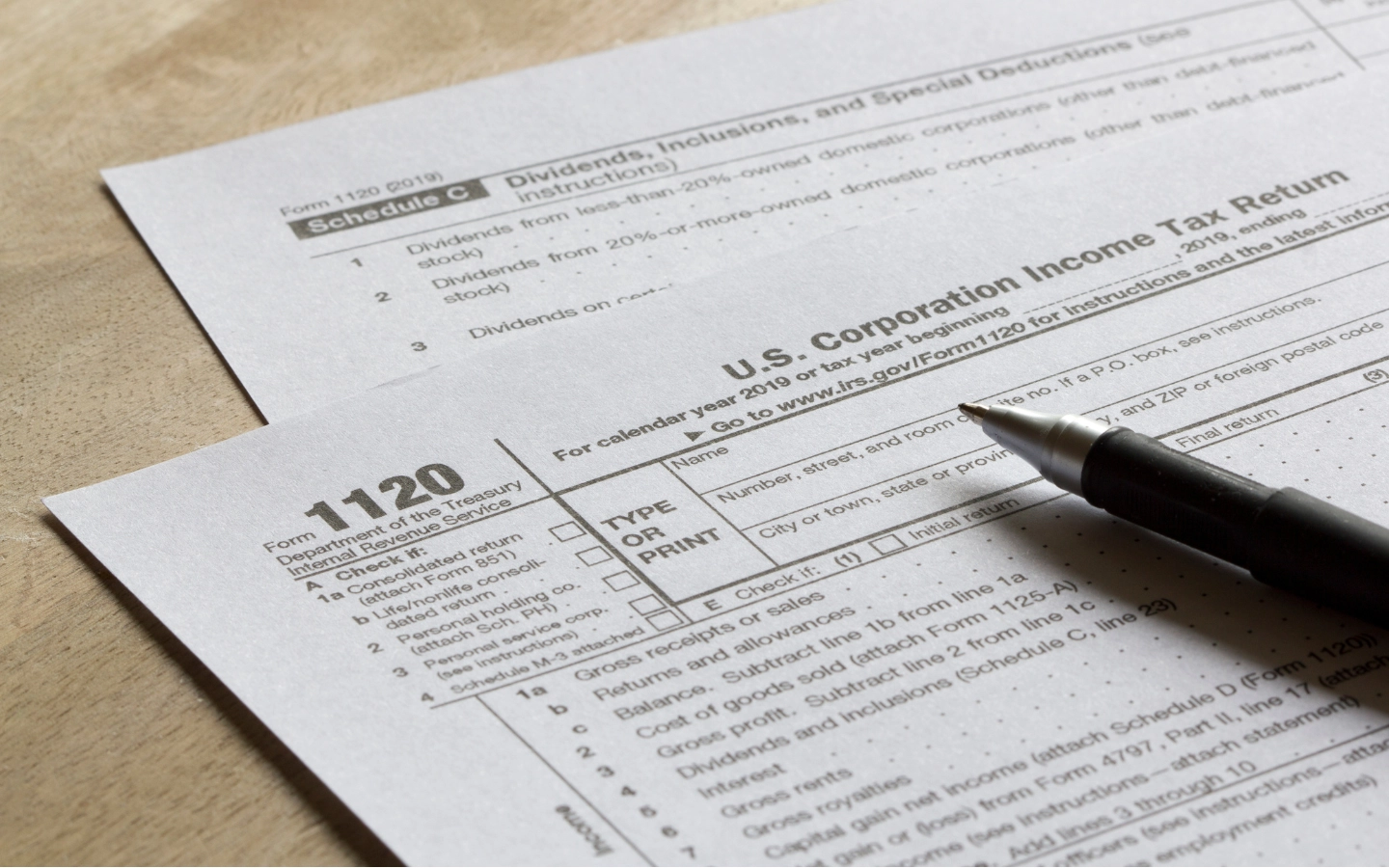
Overview
Condominium associations—including property owner associations and time-share or interval ownership associations—are responsible for maintaining and preserving the association’s common property. While typically incorporated as non-profits under state law, these entities are not automatically exempt from income taxes and must file annual tax returns.
Tax Filing Requirements
Most associations are required to file one of the following:
- Form 1120 – U.S. Corporation Income Tax Return
- Form 1120-H – U.S. Income Tax Return for Homeowner Associations
An association filing Form 1120 is subject to graduated corporate tax rates (starting at 15% on the first $50,000 of taxable income). Taxable income includes:
- Investment income
- Rental income
- Vending machine or service fees from third parties
These revenues are reduced by directly related expenses such as management, professional, and investment fees.
Associations that are “substantially residential” (per IRS criteria) or are time-share associations typically file Form 1120-H, which imposes a flat tax:
- 30% for residential associations
- 32% for time-share associations
This flat rate applies to similar taxable income as described above.

Common Tax Misconceptions
Some frequent misunderstandings about association income tax include:
- “Our association reported a net income (loss) on our financial statements; therefore we will report the same amount as taxable income (loss) for the year.”
→ Taxable income is calculated differently from book net income.
- “Income earned from investments held in the Replacement Fund isn’t taxable.”
→ All interest income is taxable, regardless of the fund it’s in.
- “Transferring Operating Fund net income to the Replacement Fund will minimize our association’s taxable liability.”
→ Transfers between funds do not affect taxable income.
What This Means for Your Association
Recent IRS scrutiny has led to court rulings, revenue procedures, and tax code amendments that affect how associations must report income. It’s critical to ensure compliance while minimizing tax liability through accurate classification and documentation.
Need Help?
McMahan and Associates is here to support your association’s tax preparation and compliance. If you have questions regarding your specific tax situation, please contact us.





